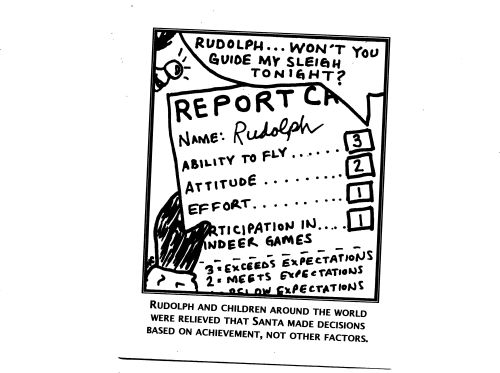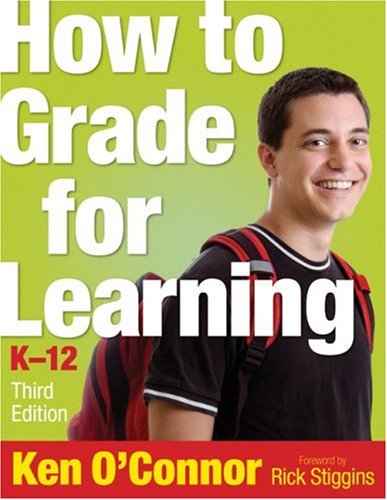
An article in today’s The Oregonian suggested that a recent discussion at a Board work session on Tuesday, September 14, centering on HSD 1J Board of Directors training, is dividing the Board. Certainly we Board members have differing opinions, but is it really news that we disagree on something? We disagree all the time, but we come to consensus, or, in formal meetings, vote. And nobody walks away mad.
My comments on the article are as follows:
Wendy, just a slight course adjustment here…I’m with John on the ponderous waste of time, and I’d just as soon discontinue the project. But with four Board members (and probably five, but the fifth was missing from the meeting) wanting to continue the project, it doesn’t much matter what John or I have to say.
Perhaps you didn’t have space in your article, but it would be nice for folks to know that we, the Board, are lab rats in the Iowa Lighthouse Project. Not that that’s a totally bad thing, but because the Iowa folks are gathering data based on our performance as a Board over the next few years, the content and delivery of Lighthouse instruction has not, and cannot be, altered or the data gathered might be less valid and reliable as compared to other Board’s performances nation-wide over the last few years. That’s just the facts of life in a research project that depends on good statistics.
And that’s a piece of the picture that none of us had explained to us going into this thing.
The best thing we learned from Lighthouse was to follow up with District administration on Board expectations. The rest has been to micro-analyze District performance data (an admin job) and encouragement to micro-manage our administrators, which is something that the Oregon School Board Association has discouraged in the past, according to all our training to date. At least until Lighthouse.
I’m all for high-performing Boards of Ed, and I think we have a very conscientious group, but we barely have enough meeting time and opportunity to take care of A-1 priority issues, let alone waste time with the glacial pace and questionable learning opportunities of Lighthouse.
If the Lighthouse curriculum could be condensed and presented the way a competent teacher would be expected to present it, I’d be willing to go for it, but not the way it is now.
Bottom line: this Board is made up of seven reasonable adults, and our differences of opinion on the Lighthouse Project are no big deal. Certainly not enough to cause a “division” among us.
Last, I “feel” the comment by Mad As He** talking about irony. Remember, Mad, I’m a retired teacher. Part of my (latent) mission as a Board member is to encourage better, more differentiated professional development that is actually welcome and valuable, and positively affects student achievement.
Further comment:
singa September 17, 2010 at 6:58AM
“The school board needs to be conversant enough to be critical consumers of the reports put in front of them by staff thus enabling them to ask appropriate questions and set reasonable and challenging educational goals for the district. The next step is to set reasonable parameters for the admin. to work within to achieve those educational goals through board direction and policy.
In the end the buck of district performance stops with the board.”
Right as rain, singa.
From the Board page on the HSD 1J website, http://www.hsd.k12.or.us/District/BoardofDirectors/tabid/64/Default.aspx :
“The Board of Directors received several distinguished accolades from the Oregon School Boards Association (OSBA), both collectively and individually, for their commitment to community engagement and developing their skills as Board members. The awards were presented at the 2009 OSBA annual convention in Portland, which was held in November.
OSBA Continuing Board Achievement
The Board received the Continuing Board Achievement award for the sixth-consecutive year. This award signifies the Board’s successful completion of substantial board leadership training activities through the Leadership Institute. The award represents the Board’s commitment to continually enhancing their skills to strengthen their effectiveness as a school board.
OSBA Leadership Training
Three individual Board members were recognized for their leadership achievements though engaging in OSBA’s leadership training last year: Patti McLeod, Rebecca Lantz and Carolyn Ortman received Platinum Awards.”









 Trust is important to a school board. Very Important.
Trust is important to a school board. Very Important.